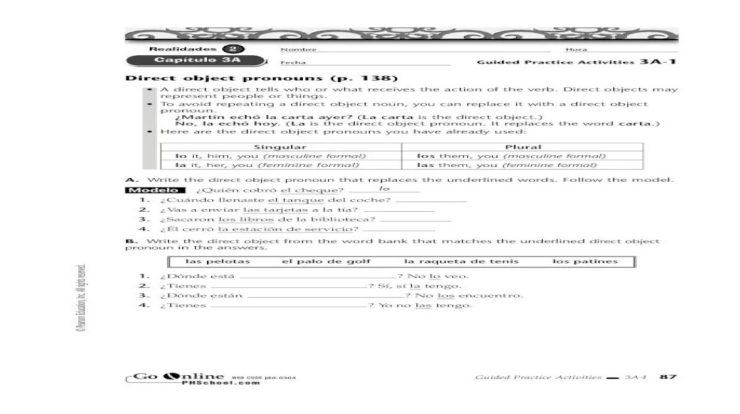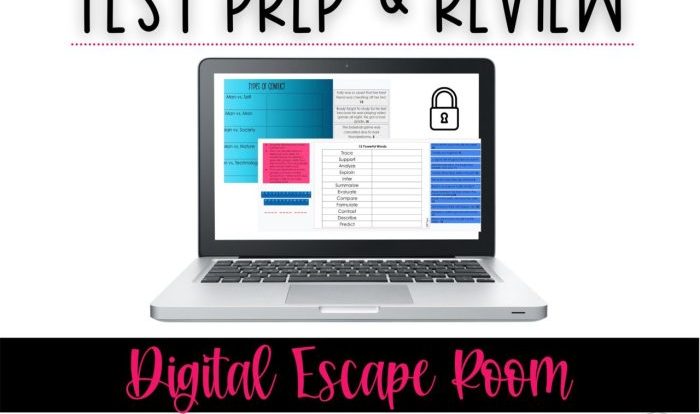Conceptual Development Practice page 35 1 introduces a groundbreaking approach to early childhood education that empowers educators with the tools to foster children’s cognitive development. This practice, rooted in research and best practices, provides a framework for understanding the significance of conceptual development and offers practical strategies for promoting it in the classroom.
Through a comprehensive exploration of key concepts, skills, and assessment techniques, this guide equips educators with the knowledge and tools they need to create a stimulating learning environment that nurtures children’s intellectual growth and prepares them for success in school and beyond.
Conceptual Development Framework
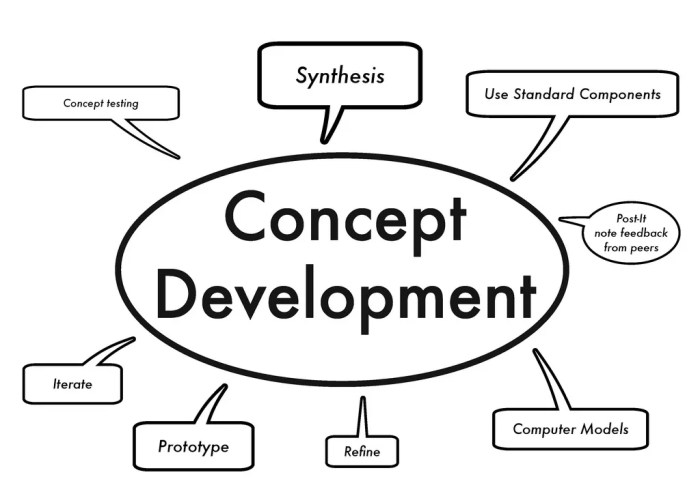
Conceptual development is crucial in early childhood education, as it lays the foundation for children’s cognitive growth and academic success. It involves the development of mental representations, or concepts, that children use to understand and interact with the world around them.
Conceptual development is fostered through various activities that encourage children to explore, question, and make connections. These activities include:
- Sorting and classifying objects by attributes
- Matching objects based on similarities and differences
- Observing and describing the world around them
- Asking questions and seeking explanations
Play is an essential aspect of conceptual development. It provides children with opportunities to experiment, explore, and interact with their environment in a safe and engaging way. Through play, children can develop their imaginations, problem-solving skills, and social skills, all of which contribute to their conceptual development.
Key Concepts and Skills
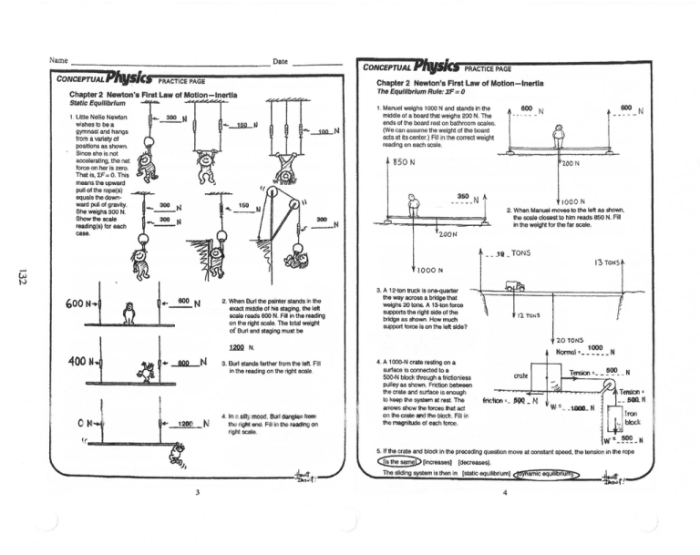
Conceptual development involves the acquisition of key concepts and skills, including:
- Categorization: Grouping objects or events based on shared characteristics
- Comparison: Identifying similarities and differences between objects or events
- Generalization: Applying concepts to new situations or experiences
- Prediction: Using concepts to make informed guesses about future events
These concepts and skills are interrelated and build upon each other. For example, categorization helps children develop the ability to compare and contrast objects, which in turn supports generalization and prediction.
Effective teaching of these concepts and skills involves providing children with concrete experiences, using clear and simple language, and encouraging them to make connections between their own experiences and the concepts being taught.
Assessment and Evaluation
Assessment of conceptual development is essential for monitoring children’s progress and identifying areas where they may need additional support. Different methods for assessing conceptual development include:
- Observations: Recording children’s behaviors, interactions, and conversations
- Portfolios: Collecting samples of children’s work to track their development over time
- Standardized tests: Using norm-referenced tests to compare children’s performance to that of other children their age
Ongoing assessment is crucial to ensure that children are making progress and to adjust instruction accordingly. Effective assessment tools should be reliable, valid, and easy to use.
Strategies for Promoting Conceptual Development: Conceptual Development Practice Page 35 1
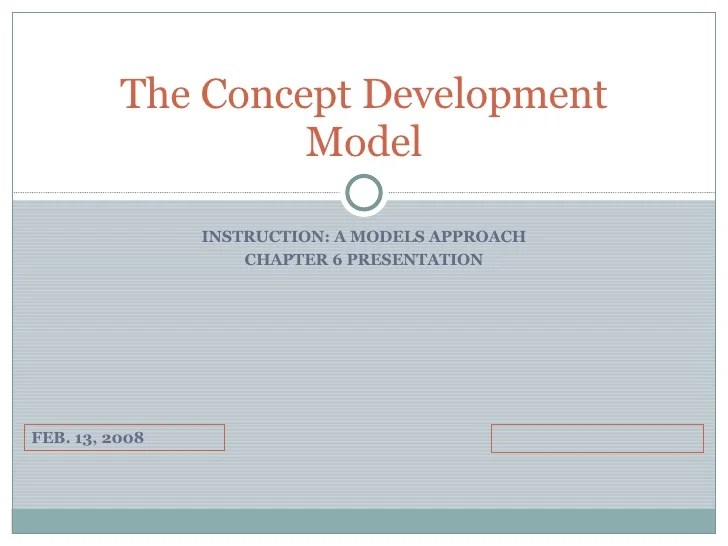
Best practices for promoting conceptual development in the classroom include:
- Providing a print-rich environment with access to books, magazines, and other written materials
- Encouraging children to ask questions and seek explanations
- Using hands-on activities and manipulatives to support concrete learning
- Integrating technology to enhance learning experiences and provide opportunities for exploration
Lesson plans that incorporate strategies for conceptual development should include clear learning objectives, engaging activities, and opportunities for assessment.
Resources for Educators
The following table provides a list of resources for educators on conceptual development:
| Category | Resource |
|---|---|
| Books |
|
| Articles |
|
| Websites |
|
Case Studies and Examples
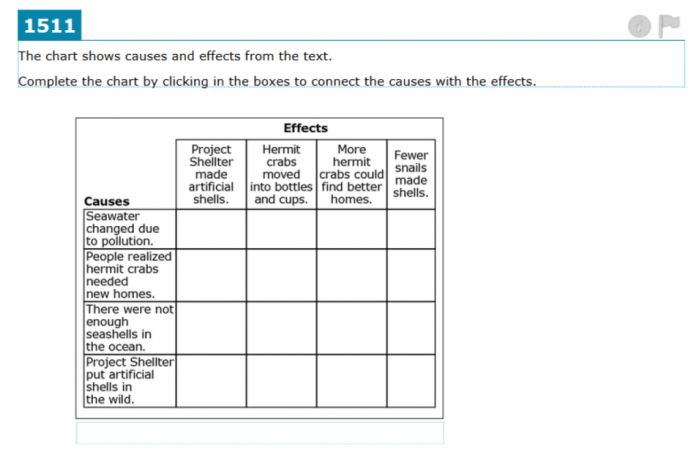
Case studies of successful conceptual development programs include:
- The HighScope Perry Preschool Project, which found that children who participated in a high-quality preschool program showed significant gains in conceptual development and other cognitive skills.
- The Abecedarian Project, which demonstrated the positive impact of early childhood intervention on conceptual development and academic achievement.
Examples of how conceptual development has impacted children’s learning include:
- A child who is able to categorize animals into different groups based on their characteristics
- A child who is able to compare and contrast two different stories
- A child who is able to generalize their knowledge of shapes to new situations
Challenges and opportunities in implementing conceptual development practices include:
- Providing sufficient time and resources for children to explore and experiment
- Creating a classroom environment that is conducive to conceptual development
- Assessing children’s conceptual development in a meaningful way
Commonly Asked Questions
What is the significance of conceptual development in early childhood education?
Conceptual development is crucial in early childhood education as it lays the foundation for children’s understanding of the world around them. It helps them develop critical thinking skills, problem-solving abilities, and a strong vocabulary.
How can I promote conceptual development in my classroom?
There are various ways to promote conceptual development in the classroom, including providing hands-on activities, encouraging play, and using visual aids. It is also important to create a stimulating learning environment that encourages children to explore and ask questions.
What are some effective assessment techniques for conceptual development?
Effective assessment techniques for conceptual development include observations, portfolios, and concept mapping. These methods allow educators to track children’s progress and identify areas where they may need additional support.
